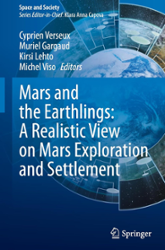characteristics
Springer International Publishing AG; 2024e édition (18 janvier 2025)
English
403 pages
ISBN-10 : 3031668804
ISBN-13 : 978-3031668807
Price 136,95€
English
403 pages
ISBN-10 : 3031668804
ISBN-13 : 978-3031668807
Price 136,95€

